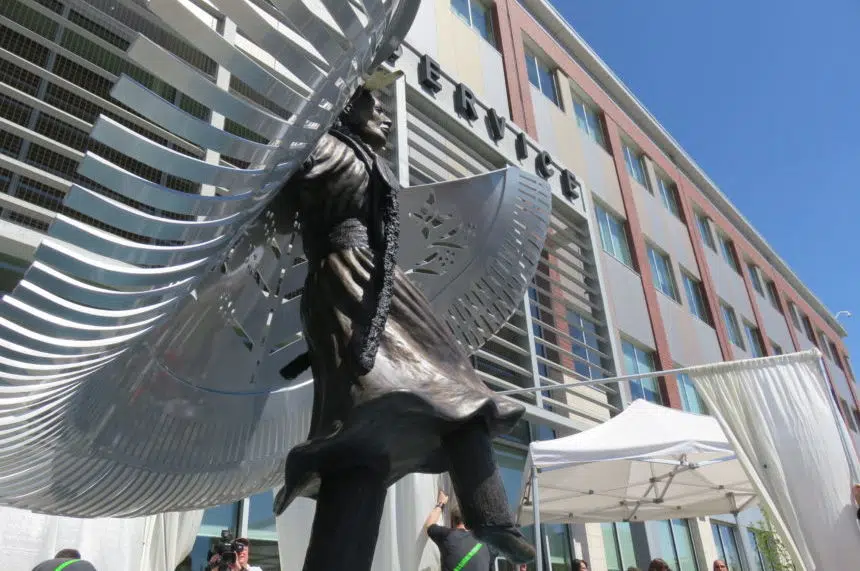It has been three years since the national inquiry’s final report into missing and murdered Indigenous women and girls in Canada, and a new progress report details the steps taken in Saskatchewan to address the inquiry’s calls for justice.
The inquiry began in 2016, and in 2019, a final report was released describing “acts of genocide” perpetrated against First Nations, Métis and Inuit women and girls after hearing from more than 2,380 people, including survivors of violence and their family members.
“Saskatchewan is committed to bridging community-led solutions and government services to address the social and economic marginalization experienced by Indigenous communities and make progress on reconciliation,” the progress report stated.
The report, released Friday, outlined several success stories from Saskatchewan, including the creation of the Missing and Murdered Indigenous Women and Girls Community Response Fund, which provides funding for initiatives created by Indigenous communities to address the inquiry’s calls for justice.
The provincial government’s funding for the Muskwa Lake Wellness Camp was also touted as a success in the progress report. The grassroots, community-directed camp provides land-based health intervention to help reduce alcoholism, suicide rates, and overdose deaths in northern Saskatchewan.
Another highlight was the historic agreement signed at the Cowessess First Nation in 2021, which saw Cowessess take full control over its child welfare system.
While progress was highlighted in the report, there is still work to be done.
The report highlighted priorities for Saskatchewan going forward, including increasing the number of Indigenous employees across the public service, and keeping up with the ongoing commitment to better training within the public service in order to address the calls for justice.
Meanwhile, the Native Women’s Association of Canada issued a report card Friday on the first anniversary of the federal government’s plan to deal with violence against Indigenous women and girls.
Lynne Groulx, the association’s CEO, said the work being done at the federal level isn’t reaching the frontlines, with funding not reaching families or the workers who take care of families.
“There was a lack of data and accountability and transparency,” Groulx told reporters. “You had to look and look and look to try to find how these actions (were working and) had they been implemented.”
— With files from The Canadian Press







